Supreme Court reserves ruling on Arvind Kejriwal's bail plea
- EP News Service
- Sep 05, 2024
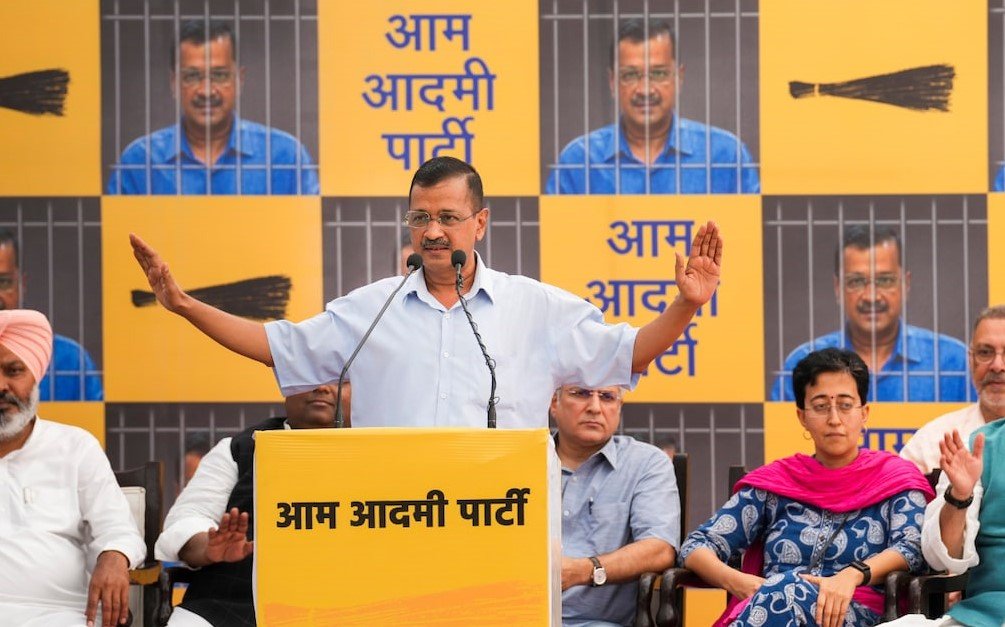
Delhi Chief Minister Arvind Kejriwal
NEW DELHI: The Supreme Court of India (SC) has reserved its judgment on the bail plea of Delhi Chief Minister Arvind Kejriwal in connection with the excise policy scam case. The decision follows a heated debate between the defense and the prosecution during the hearing.
Kejriwal, who was arrested by the Central Bureau of Investigation (CBI) on June 26, 2024, has challenged his arrest and sought bail directly from the SC. During the hearing, the CBI argued that Kejriwal should have approached the trial court first, as per procedural norms. Additional Solicitor General S V Raju, representing the CBI, contended that Kejriwal's arrest was justified and necessary to prevent potential witness tampering.
On the other hand, Kejriwal's lawyer, senior advocate Abhishek Manu Singhvi, argued that the arrest was an "insurance arrest" to preempt his release in a related money laundering case.
The SC bench, comprising Justices Surya Kant and Ujjal Bhuyan, heard extensive arguments from both sides before reserving its decision. The court's judgment is now eagerly awaited, as it will have significant implications for Kejriwal and the ongoing investigation into the excise policy case. Senior advocate Singhvi made the argument that Kejriwal has already received bail on three separate occasions, once in the trial court (which was later stayed by the Delhi HC), and twice in the SC - on May 10 so he could campaign for the Lok Sabha election, and again on July 12.
These favourable orders were passed in a case under the Prevention of Money Laundering Act, 2002, (PMLA) which contains special, more stringent bail conditions under Section 45 of the law. In comparison, the CBI’s arrest was based on charges under the Prevention of Corruption Act, 1988 (PCA), which does not prescribe any special bail provisions.
Singhvi argued that this was “possibly the only case” where a person has got bail under a special enactment (PMLA) with more stringent bail conditions but has been denied bail for the predicate offence - the original offence that generated the proceeds for the alleged crime of money laundering.
On July 12, the Supreme Court granted interim bail to Kejriwal in the ED case. However, he was not released because the CBI complaint proceedings were pending. On August 5, the Delhi High Court upheld the CBI’s decision to arrest Kejriwal, and directed him to approach the trial court for bail.



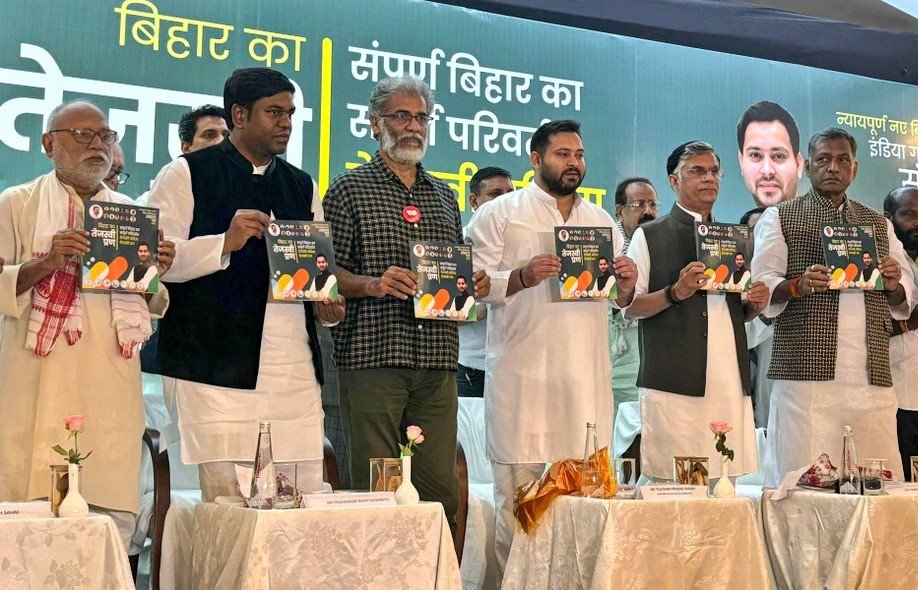
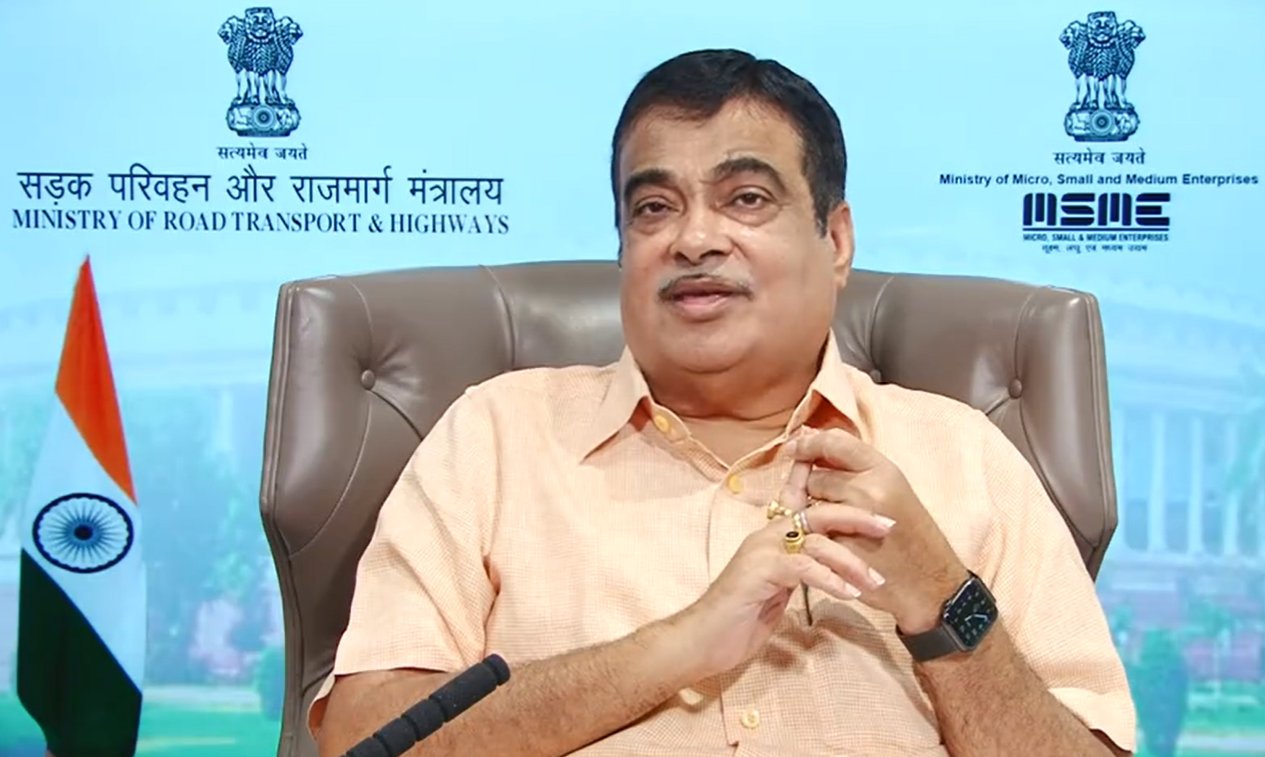
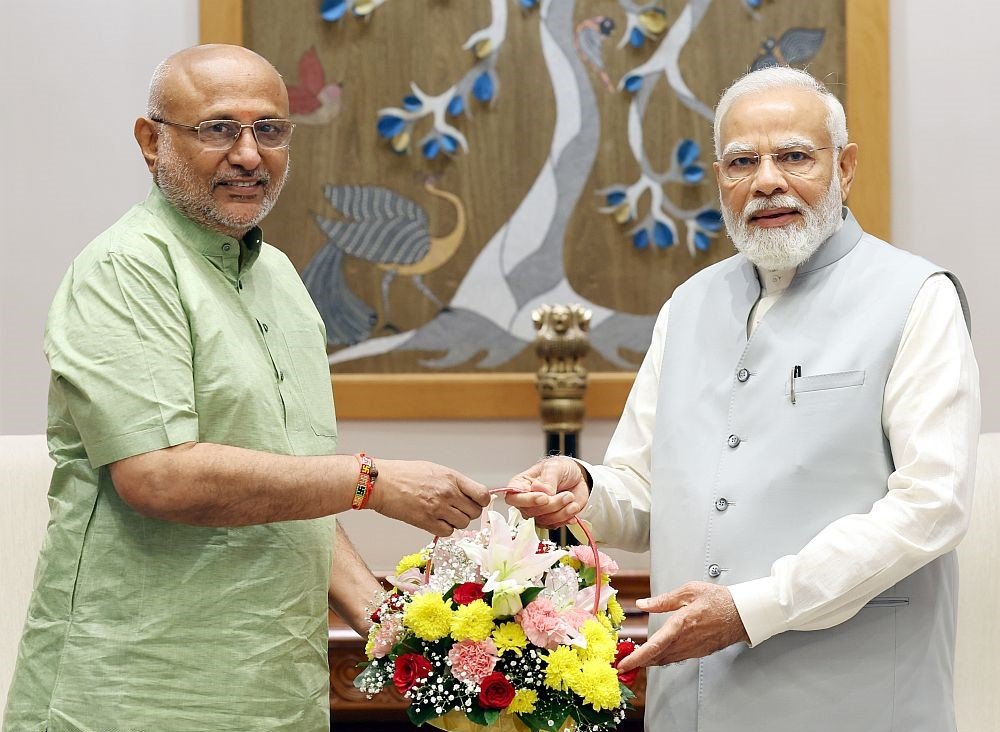
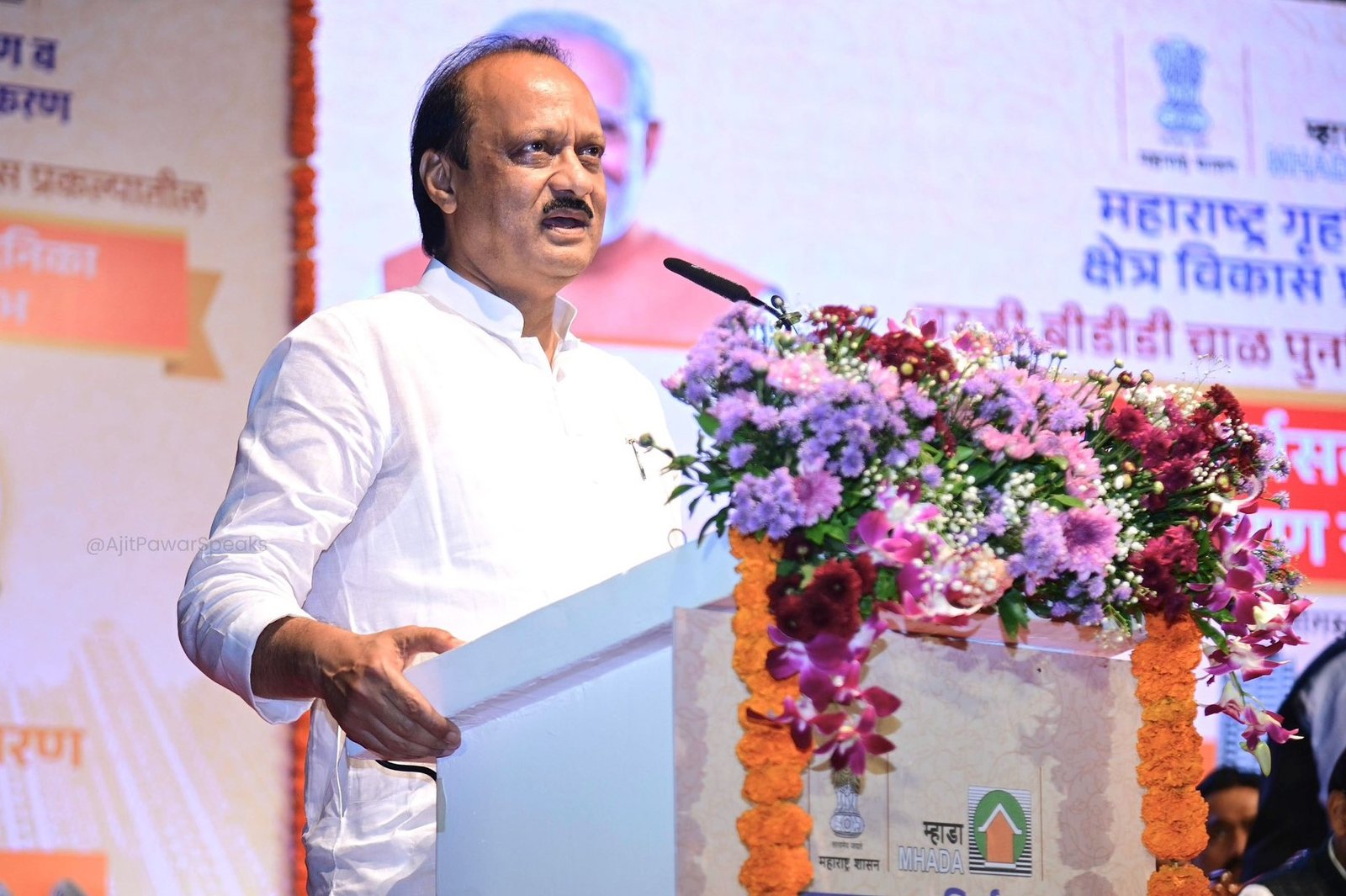
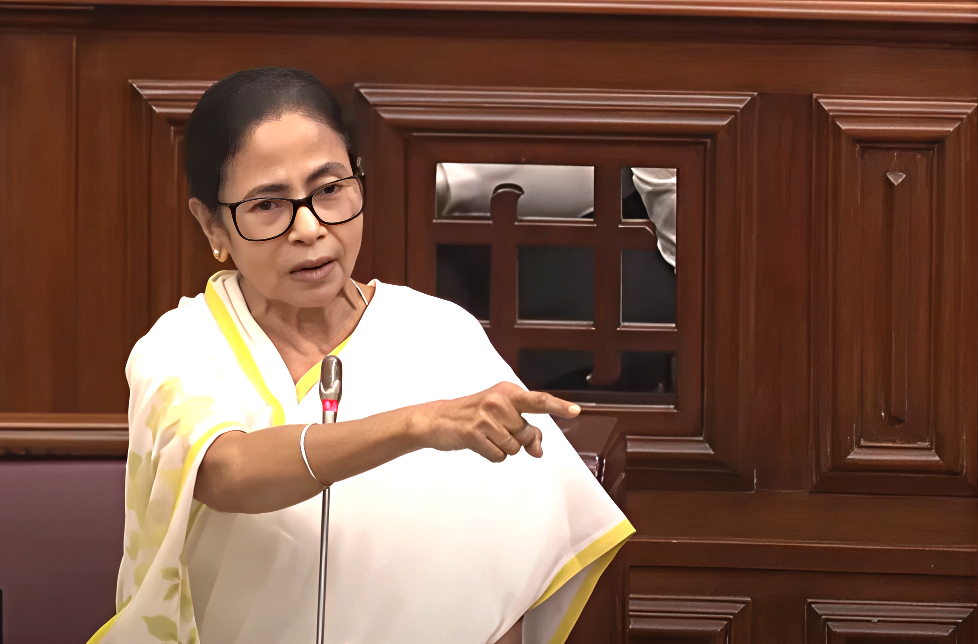
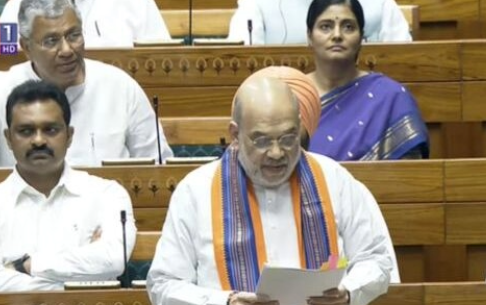
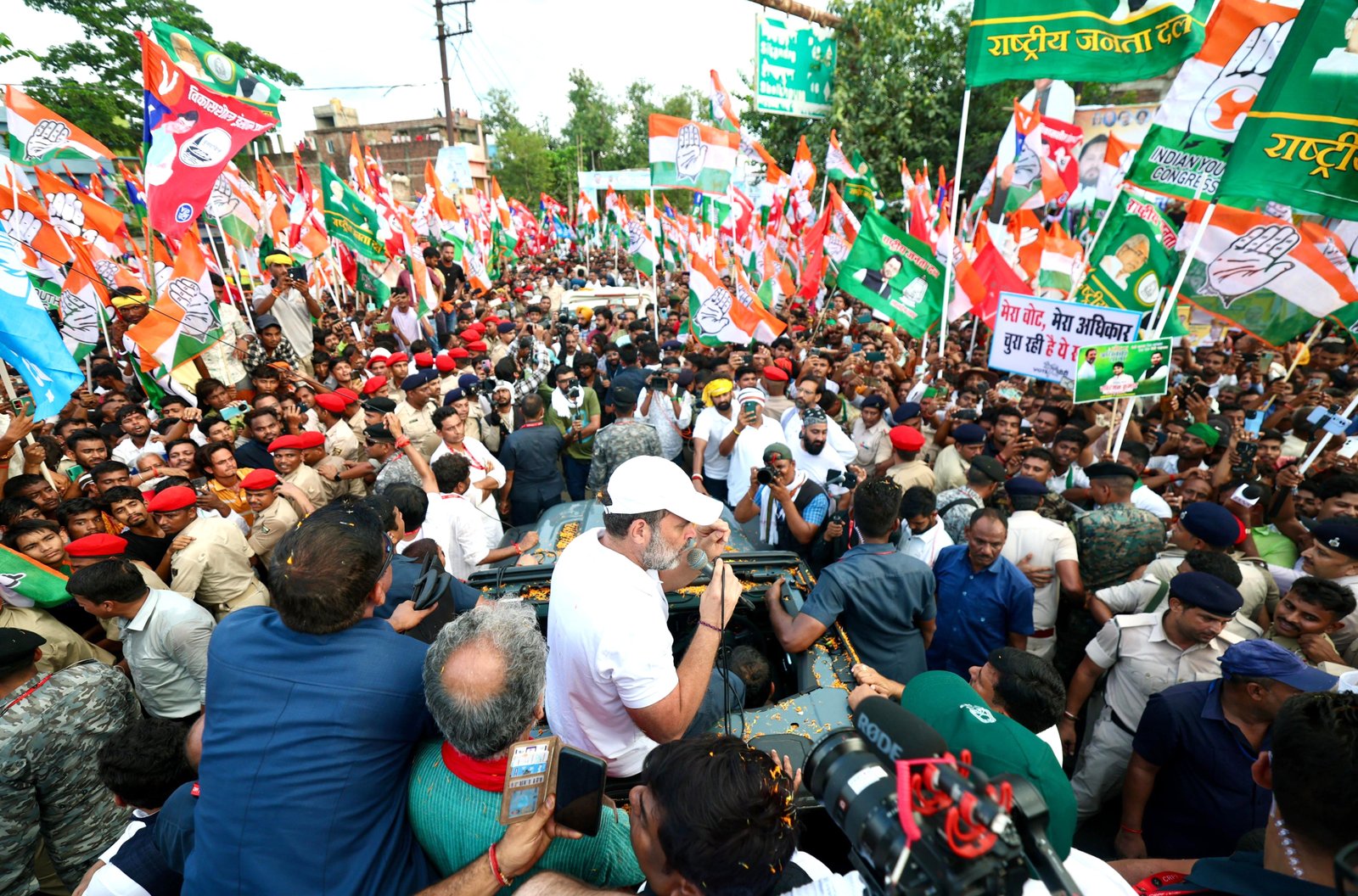
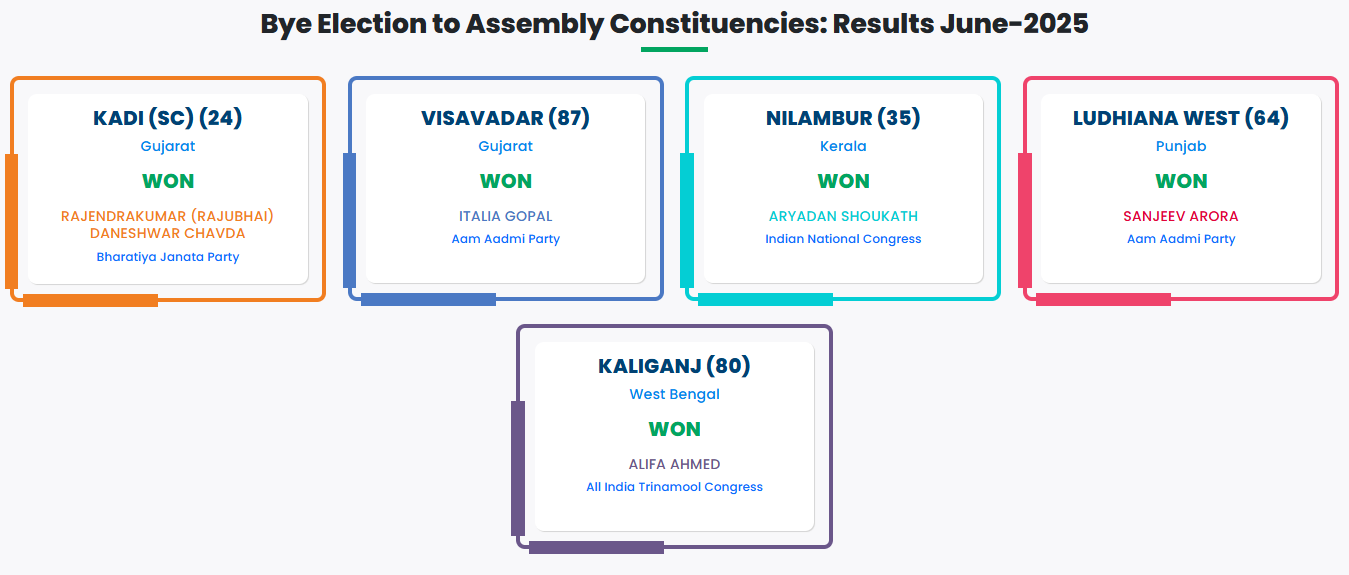
Reporter
Crisp, and to the point news coverage from India and around the world.
View Reporter News